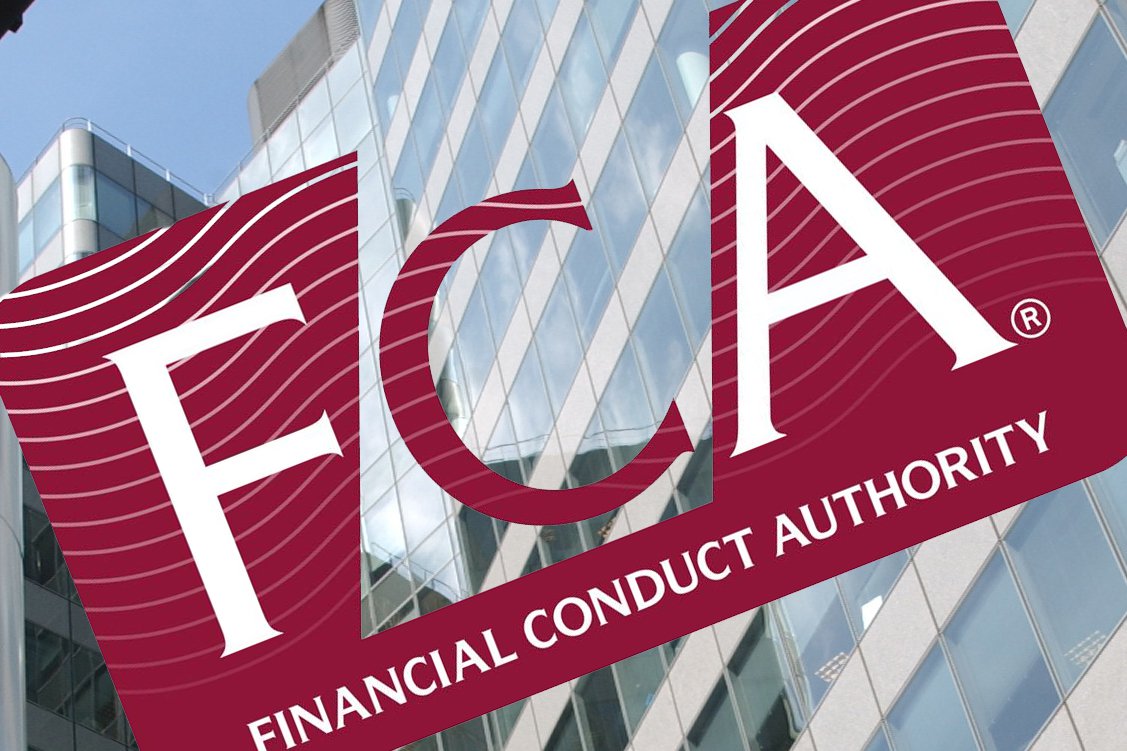By John Ewart, Aubrey Global Emerging Markets Fund Investment Manager
There are more than 40 unlisted Indian companies which have reached a valuation in excess of U$1bn in 2021. This exceeds the number generated in the previous 10 years. As you know the collective noun for unicorns is “a Blessing” but as some of these mythical creatures come to the market how should equity investors be reacting?
Having been fortunate to meet many accomplished management teams over the years, I continue to appreciate good business operators, established brands and a legacy of products or services that have improved the lives of millions of customers. Indeed, companies such as the Tata Group have been operating in India for over 150 years and have improved the lives of generations of Indian consumers. Why shouldn’t these newly listed companies do the same?
The difference with eCommerce businesses is that their history has been compressed into a few years and they are often creating the industry and changing traditional spending habits. Inevitably there has been the inspiration from an international peer, and many of the talented, young management teams have been educated or employed at international schools and businesses. Their credentials look impressive.
Hence the much-heralded IPOs can carry high expectations and the flurry of media hype. But ‘blue sky’ valuation scenarios can provoke considerable debate on the matters of business growth and valuation.
This is the dilemma we face as analysts, namely recognising a good business model but looking for confidence in the cash generation of the business. Amazon is often cited as the role model for eCommerce development having listed in 1997 at the IPO price of U$18. Revenue grew handsomely, EBITDA turned positive in 2001, Free Cash was generated in 2002, and net profit was recorded six years following the IPO in 2003. The adoption of cloud computing and online shopping has continued this growth since.
We did not participate in the recent Indian eCommerce IPOs but we welcome their listing as the potential offered by a 1.4bn population is huge. Our current concerns lie with the lack of free cash generation. The dramatic reversal in the share prices of those who have been unkindly dubbed ‘the profitless internet companies’ suggests many share our concerns.
The Covid lockdown has prompted a sustained change in behaviour. This was evident with the acceleration of food delivery, particularly in the urban areas of developed economies and large metro areas across the emerging economies. Zomato was listed last year and is the leading Indian player with an estimated 45% market share, competing predominately with Swiggy, with a similar market position and with plans for an IPO. A duopoly market is generally a rewarding operating environment for both companies, but this remains a competitive industry. Consequently, Zomato is not expected to generate free cash flow until 2025, hence our limited interest at this stage.
Another new entrant looks more promising. Founded in 2012, Nykaa is the largest online beauty platform in India with an estimated 30% market share, and we expect the young, aspirational female consumer to adopt similar behaviour to that seen in China in recent years. Indian online penetration is estimated to be around 6%, and the consumer with a smartphone is embracing the social media advertising of cosmetic products and is expected to drive this rate to closer to 20% by 2025.





